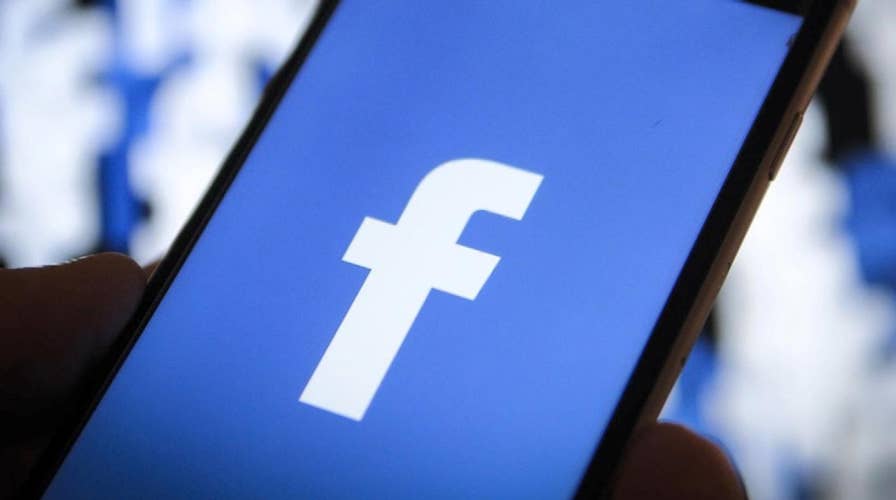Facebook's top 5 biggest scandals
The top 5 biggest scandals to rock social media giant Facebook.
Facebook Inc. said it stopped paying commissions to employees who sell political ads, as the tech giant overhauls how it engages with campaigns ahead of elections in 2020.
Once seen as a growth area, political ads are now viewed within Facebook as more of a headache, according to former employees and campaign staffers who work on digital strategies. In the wake of revelations about Russian efforts to influence the 2016 election, senior leaders at the company debated whether it should cease running political ads entirely, former employees familiar with the discussions said. Chief Executive Mark Zuckerberg made the final call to stay in the business, though changes will be made to how it operates, one former employee said.
Scrutiny of Facebook’s role in the political process has only intensified over the past 18 months, with allegations that its platforms have been used for attempted election manipulation efforts on six continents.
FACEBOOK, YOUTUBE MOST WIDELY USED PLATFORMS FOR US ADULTS
Facebook’s new approach to political ad sales is designed to eliminate incentives for employees to push a more-is-better strategy with campaigns. The ad-buying portal for campaigns is now largely self-serve, with Facebook staffers available to help campaigns register to buy ads, assist if certain ads are stuck in review and provide other basic customer service. Sales employees are no longer paid based on reaching or exceeding goals related to ads purchased promoting either a candidate or politically tinged messages in the U.S. and abroad, said Katie Harbath, Facebook’s global elections public policy director.
Employees who previously could earn commissions have had their base salaries increased to compensate for the changes, said a former Facebook employee. The company declined to discuss specifics about compensation.
Ms. Harbath said the company views its political-ad business as a civic responsibility rather than a revenue driver. The company declined to comment on whether that business is profitable on its own.
The changes are in effect from national to local levels to avoid any impression that Facebook is giving any candidates or campaigns preferential treatments.
NAVY F35C MAY CARRY MORE WEAPONS NOW THAT IT'S READY FOR WAR
“It doesn’t matter if you’re running for president or running for city council. You have access to the same tools and level of support,” Ms. Harbath said.
To be sure, while some presidential campaigns have noticed a change in service compared with previous election cycles, there are still some designated Facebook employees who they coordinate with beyond the self-service portal, digital-campaign staffers said.
Facebook’s new political-ad model is a sharp change from the 2016 election, in which it and digital rival Google both offered extensive advertising advice to the Trump and Clinton campaigns. Trump’s campaign, with a smaller and generally less experienced digital staff, took up the companies’ offers to a greater degree.





















